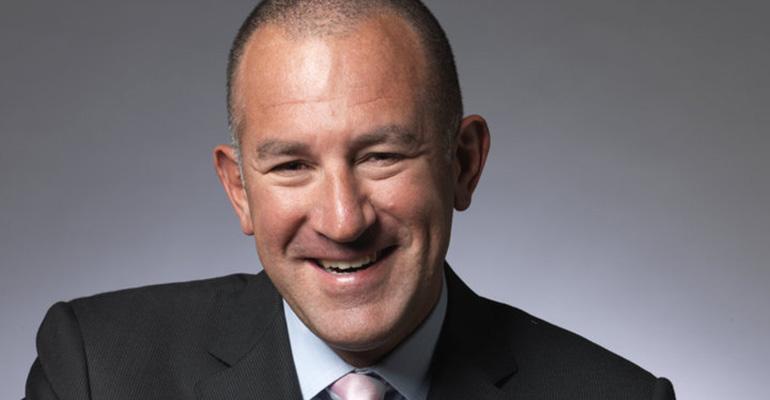We’ve heard a lot about “fiduciary” lately. But this is not a concept unique—or new—to our industry. The word “fiduciary” comes from the Latin "fiducia," which means trust. Simply put, it is a legally binding obligation to serve the best interest of another ahead of one’s own. In medicine, it requires doctors to act in the best interest of their patients. In law, it requires attorneys to act in the best interest of their clients.
The same standard applies to financial advisors who describe themselves as “fiduciaries.” It represents a class of professional who is legally obligated to prioritize the interest of the client over their own financial gain.
Last month, the Department of Labor issued a rule imposing the fiduciary standard on financial advisors who handle retirement accounts. Well… sorta.
To get the law passed, the DOL made concessions to those who stood to lose money by fully adopting the idea that the client’s interests must come first. The resulting rule is a watered-down version of the originally proposed regulation, and one that could ultimately confuse investors and do them more harm than good.
The most troubling loopholes in the final rule allow brokers to continue to collect commissions on products they sell to investors, which by nature creates potential for a conflict of interest between what’s best for the client and what’s best for the broker, i.e., a bigger commission and recommended proprietary products. These loopholes represent an outrageous perversion of the fiduciary standard because the industry claimed that it could not discharge a fiduciary duty by depriving a client of access to the firm’s own products.
Full WealthManagement.com coverage of the fiduciary rule
What’s happening to “fiduciary” in the financial space is akin to what happened when the food industry jumped on the “organic” bandwagon. The organic movement began as a consumer-driven, grassroots alternative to mass-produced and highly processed food. As the demand for organic food rose, regulators stepped in to establish consistent standards for when food items could be labeled “organic.” The food industry lobbied hard for criteria that would give them enough leeway to use the label without compromising their high-volume, profitable production methods. The resulting standards effectively diluted the term’s original meaning. Today, many foods with “organic” on their labels contain synthetic additives and/or were produced under conditions that do not reflect the general public’s expectation of what “organic” means. The industry’s best interest was put ahead of the consumer’s.
The argument that a fiduciary standard is problematic because brokers would lose money (in the form of commissions) by giving investors better advice is unsupported by any credible data and is a prime example of the lucrative conflicts of interest that the broader financial services industry fights to protect at the expense of its clients.
And as for what this all means for the word “fiduciary,” another Latin expression comes to mind: “Caveat emptor.”
Elliot S. Weissbluth is founder and CEO of HighTower, a national advisor-owned financial services firm serving high-net-worth individuals and institutional clients.


